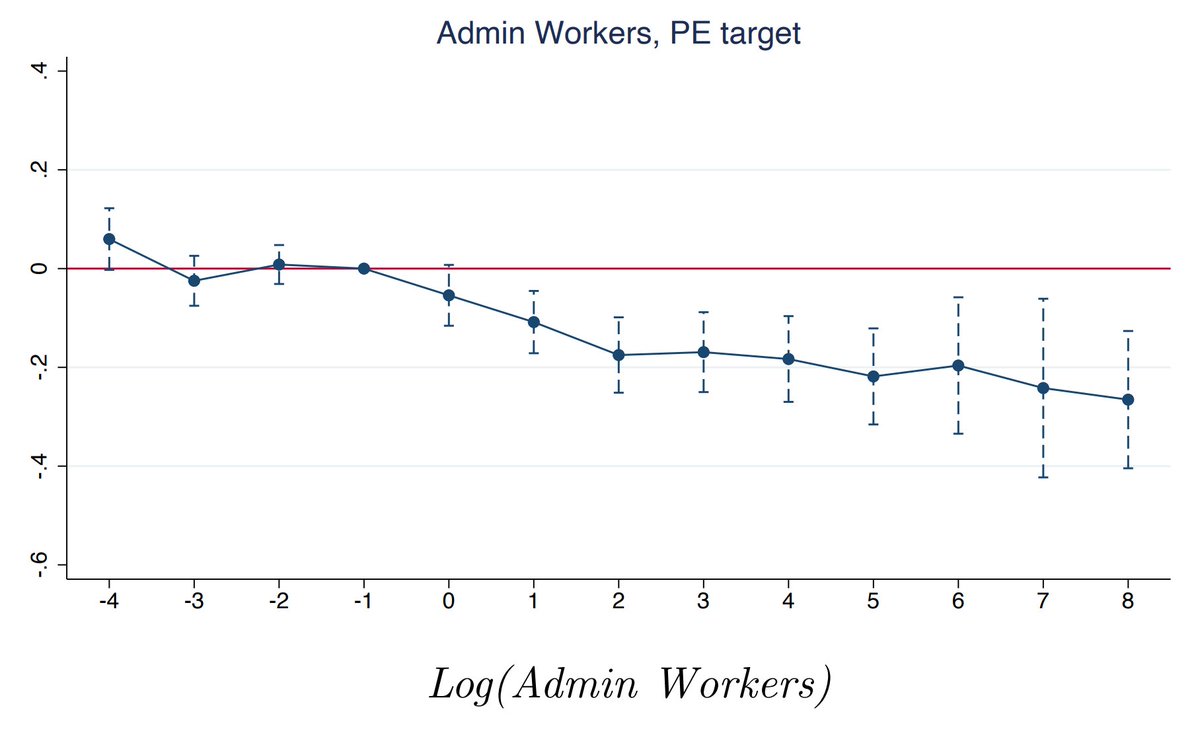Thread of some surprising things that are older than other things
Notre Dame predates the Maori settlement of New Zealand

Notre Dame predates the Maori settlement of New Zealand


The University of Bologna is quite literally older than "Time Immemorial" (1189, the beginning of the reign of King Richard I) 



You can probably think of a lot more than these examples. There really are so many things that feel modern, or dated to a particular era, that just aren't.
Order of these Supreme Court cases:
Katz 1967: electronic microphone placing outside a phonebooth needs a warrant
Kyllo 2001: thermograms of a residence need a warrant
Jardines 2013: dog sniffs on curtilage need a warrant
Ramos 2020: juries in criminal cases must be unanimous
Katz 1967: electronic microphone placing outside a phonebooth needs a warrant
Kyllo 2001: thermograms of a residence need a warrant
Jardines 2013: dog sniffs on curtilage need a warrant
Ramos 2020: juries in criminal cases must be unanimous
The first vending machine might have been for holy water:
https://x.com/lefineder/status/1865865486463799512
The Battle of Hastings occurred after the Viking settlement of Greenland and before the Inuit arrived there.
h/t @ElonBachman
h/t @ElonBachman
https://x.com/cremieuxrecueil/status/1831761312981954631
@ElonBachman Correction on the Hawaii arrival date.
Apparently that happened later than I was led to believe, so they arrived closer to 800 years after the fall of Rome.
pnas.org/doi/10.1073/pn…
Apparently that happened later than I was led to believe, so they arrived closer to 800 years after the fall of Rome.
pnas.org/doi/10.1073/pn…
• • •
Missing some Tweet in this thread? You can try to
force a refresh





















































